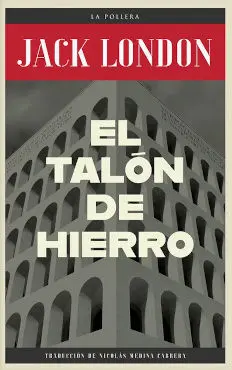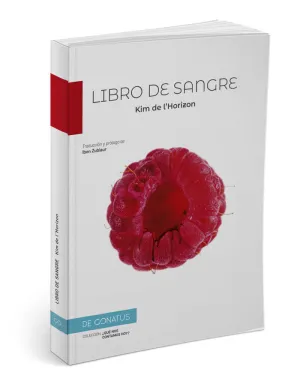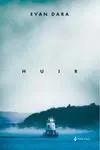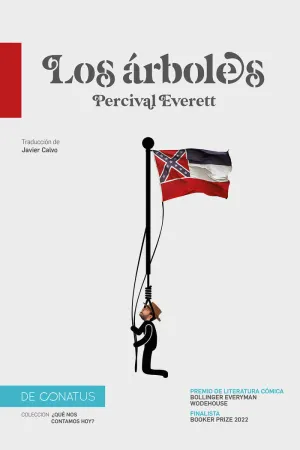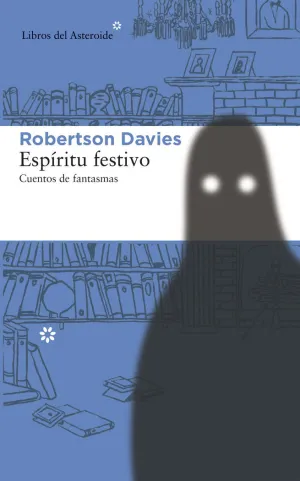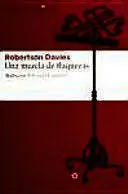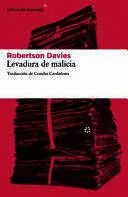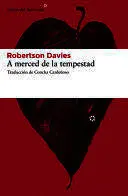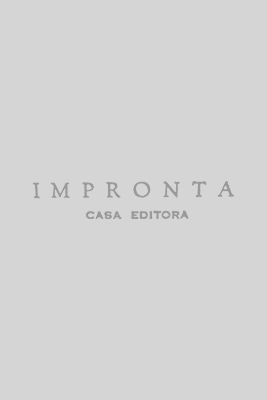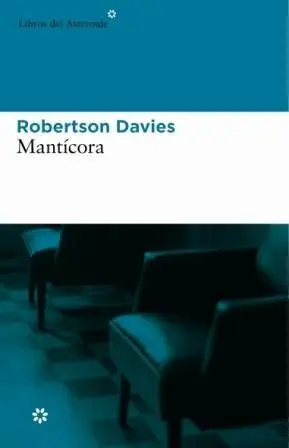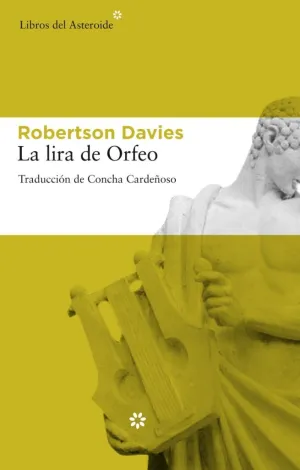
- Editorial:
- LIBROS DEL ASTEROIDE
- Año de edición:
- 2009
- Materia:
- Narrativa universal
- ISBN:
- 978-84-92663-07-1
- Páginas:
- 488
- Encuadernación:
- Rústica
LA LIRA DE ORFEO
DAVIES, ROBERTSON
The foundation funded by Francis Cornish's inheritance has decided to pursue one of its first projects: the staging of E.T.A. Hoffman's unfinished opera, The Court of Arthur. The person in charge of carrying out the task is Hulda Schnakenburg, a brilliant and peculiar graduate student, who will be assisted by Simon Darcourt in writing the libretto. Unfortunately, complications arise in such a way that those involved in the project seem to be acting out the plot of the opera themselves, thus proving Hoffman's utterance that "the lyre of Orpheus opens the door of the underworld." Davies's extraordinary knowledge of theater is clear as he showcases the behind-the-scenes drama of theatrical and musical productions, while also reflecting upon how oftentimes our basest instincts impose themselves and force us to act in unexpected ways. Although it can be read independently, this novel is the third installment of The Cornish Trilogy. La fundación constituida con el legado del mecenas Francis Cornish ha decidido acometer uno de sus primeros proyectos: la representación de Arturo de Britania, una ópera inconclusa de E.T.A. Hoffmann. La encargada de realizar la tarea será Hulda Schnakenburg, una brillante y peculiar estudiante de doctorado, que contará con la ayuda de Simon Darcourt en la redacción del libreto. Desgraciadamente los trabajos se complican de tal manera que los involucrados en el proyecto parecen estar representando el argumento de la ópera y hacen buena la cita de Hoffmann que dice «La lira de Orfeo abre las puertas del otro mundo». En esta novela Davies muestra su extraordinario conocimiento de las artes escénicas plasmando los enredos de las producciones teatrales y musicales, a la vez que reflexiona sobre cómo a menudo nuestros más bajos instintos se imponen y nos conducen a actuar insospechadamente. Aunque puede ser leída independientemente, esta novela es el tercer libro de la Trilogía de Cornish.


